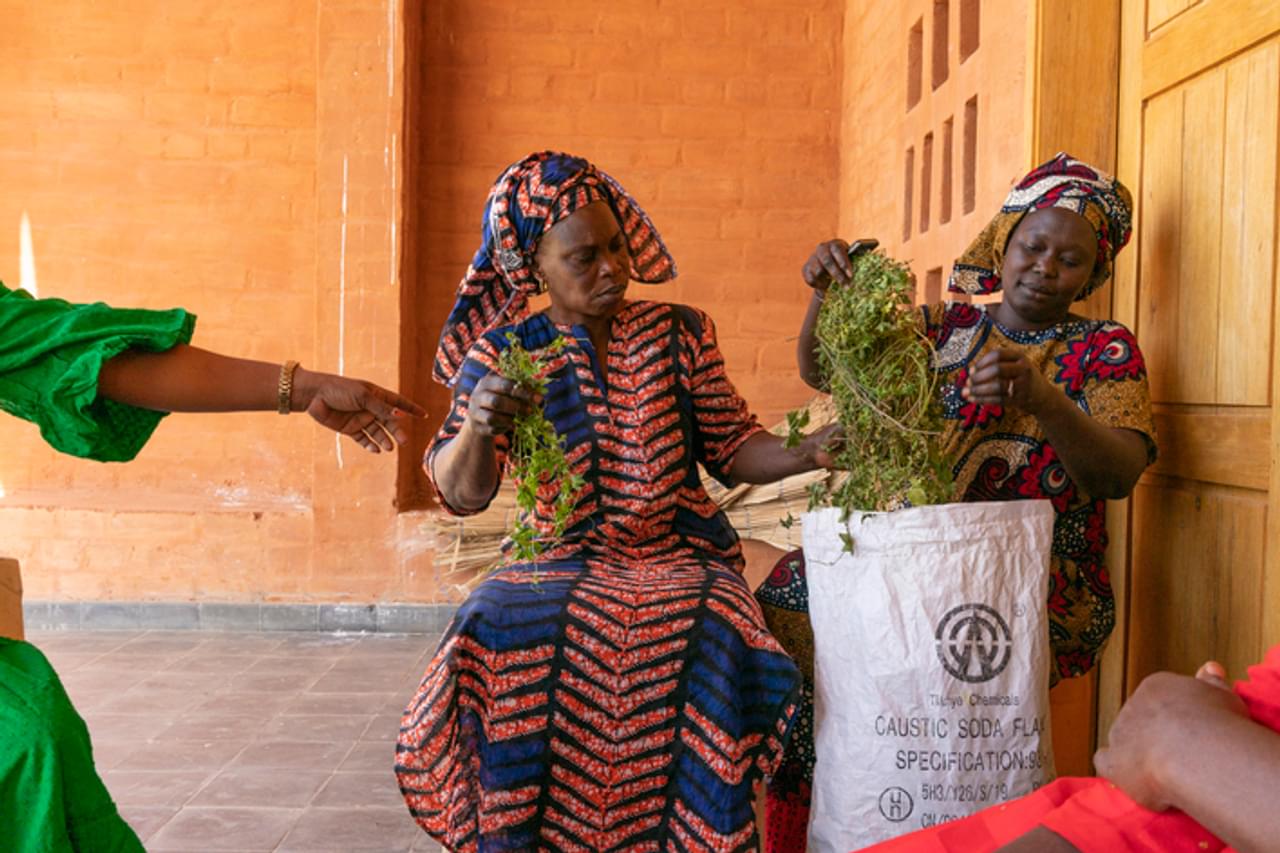Programme
Topics

Insights
How the Global Health Security Call grantees used inspiration to drive their reporting projects

EJC's €100,000 grants move impactful Global Health Security stories
In Europe, mainstream media face financial and time constraints, limiting their ability to fund extensive field research. To cover big topics, challenges, and solutions, they increasingly rely on freelancer specialists. Nevertheless, these freelancers often lack financial support for in-depth field research and publication.
One of these big topics is global health. Various global health crises and emerging global health issues have underlined the importance of keeping the topic of global health security on the public agenda and encouraging European governments to prioritise their funding commitments. In-depth research and trustworthy, factual reporting can counter misinformation, miscommunication and distrust amongst communities and identify and address gaps in crucial global health issues. It can also hold governments and people who make decisions to account.

So, in 2023 the European Journalism Centre launched another Global Health Security Call to provide grant funding and research opportunities for freelance journalists covering the topic of global health security. In January, we awarded €100,000 of grants to 12 journalistic projects to publish solutions-focused, impactful stories across France, Germany, the UK, Italy and beyond.
In this blog post series, we are sharing some impactful investigations on under-reported issues by our grantees:
A One Health Approach to AMR in Nepal
Superbugs, the strains of bacteria that are resistant to antibiotics, are estimated to kill over one million people per year. The World Health Organisation calls antimicrobial resistance one of the top global health threats that doesn't get as much attention as it deserves.
Nepal lies in one of the most heavily implicated regions of the world. Laura Salm-Reiferscheidt and Nyani Quarmyne explore the steps the country is taking to combat the problem with an integrated ‘One Health’ approach that recognises that the well-being of people, animals and the environment must be seen as a whole. Their report can be heard on Deutsche Welle (from 05:05 – 18:40)
“The idea that humans could die from simple infections again is frightening. The alarm bell is ringing, but the world doesn’t yet seem to be taking much notice. We’re glad to have the opportunity to raise awareness of this issue and examine the efforts of scientists who are charting a way forward.”
-– Nyani Quarmyne
Towards an AIDS-free generation?
Almost no children of HIV-positive mothers in Botswana are born with the virus anymore. An AIDS epidemic was still raging in southern Africa in the 1990s and early 2000s, and even today every fifth adult in Botswana lives with the virus. But that no longer means a death sentence. Tests and medication are freely available. Botswana has HIV under control and is well on the way to an AIDS-free generation. In his report for WDR, Benjamin Breitegger investigates how Botswana responded politically to the health crisis - and what can be learned from the country's experiences.
Tackling the dangerous spread of the West Nile Virus – from Senegal to Italy
The West Nile Virus is a mosquito-borne virus sensitive to climate and environmental changes. It is rapidly expanding beyond its original geographic borders, posing a serious public and veterinary health concern on a global scale. There were eight cases in the Oristano area (Sardinia) last year. And with the arrival of the heat, concern about infections is growing.
Sara Perria and Chiara Luxardo investigate how a change in climate patterns is impacting the spread of mosquito-borne diseases and what kind of responses are being adopted. Listen to their report here (in Italian).
Bangladesh’s Shasthya Shebika women
Peter Yeung reports on how female community volunteers, Shasthya Shebikas, are crucial to the community health system in Bangladesh. They provide door-to-door “last mile” services in rural areas and slums that are difficult to serve through conventional health infrastructure. They go on house visits several hours a day, disseminating health, hygiene, nutrition, and family planning advice as well as taking demographic information and making referrals. Read Yeung’s story in The Telegraph here.
Please make a contribution today
Your support will help us continue providing the kinds of opportunities journalists tell us they rely on
Would you like to have a direct conversation about making a donation? Please get in touch.







